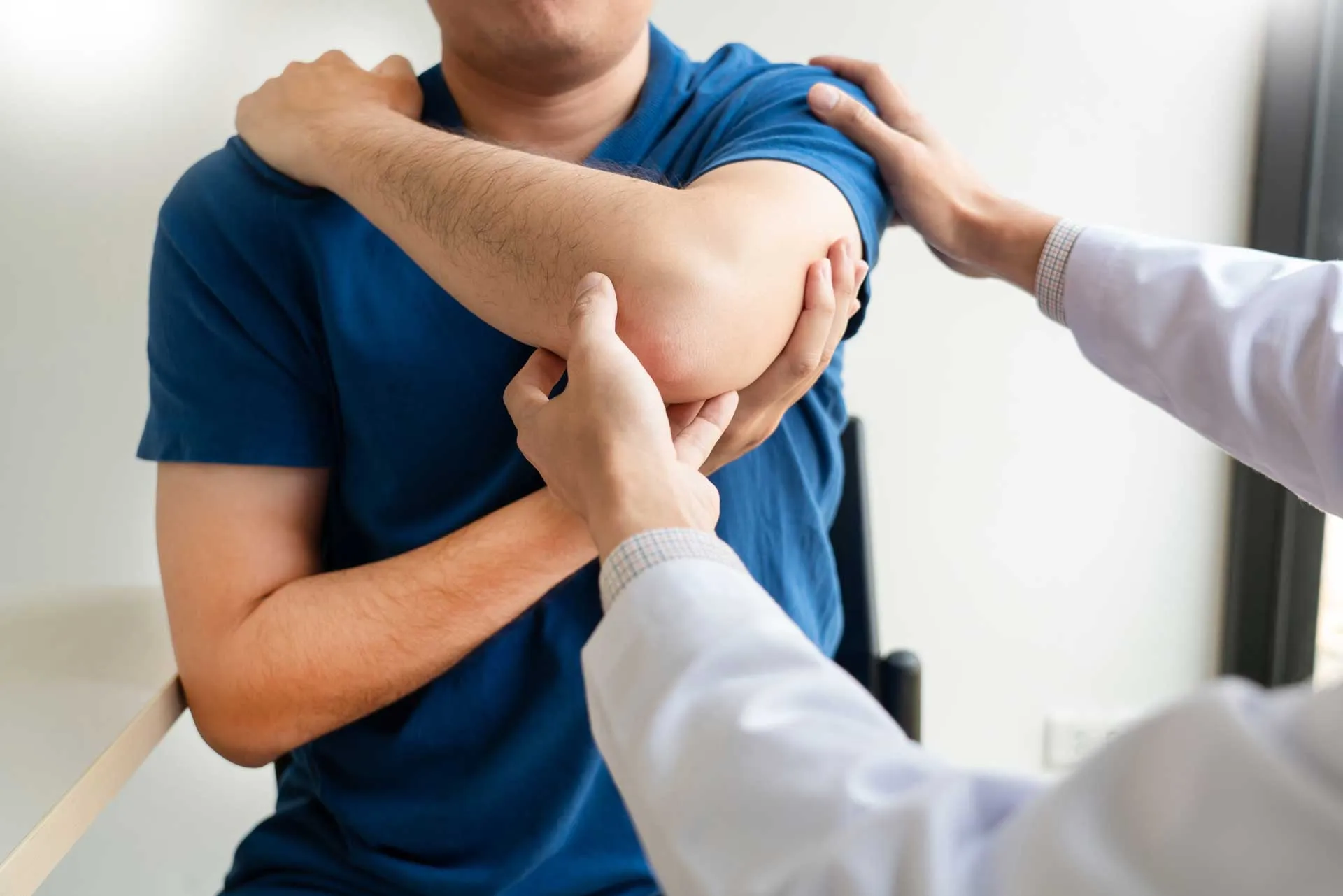Chances are, at some point in your life you have suffered from pain or had an injury. There is a wide spectrum of pain and injury and just as we all have varying pain thresholds, so we all have individual tolerances to pain and injury.
These can depend on a number of variables: where the pain or injury is, how it was caused, how it affects quality of life, sleep, work – there are almost too many to list.
Regardless of your own degree of discomfort, if you are in pain or have an injury, something is wrong.
Acute pain vs Chronic pain
A good starting point with any type of pain or injury is understanding whether it’s chronic or acute. So what’s the difference?
Any acute pain or injury usually comes on very quickly and for a specific reason. It can be mild and over very quickly, or more severe and last for a few months. It disappears once the underlying cause has gone. This can include broken bones, surgery, childbirth, and dental work. Once the body has recovered from these causes, the acute pain will recede.
Chronic pain, by contrast, is pain that is ongoing and doesn’t seem to disappear. It can be brought on by injury or illness or simply occur when there’s been no injury and no apparent damage. It can be linked to conditions including fibromyalgia and back pain, amongst others.
If I’m injured, can I make it worse?
Once an injury has been sustained, it would be wise to stop the activity and assess the damage. Injuries can occur in everyday life. Whatever the cause, stop the activity.
Where possible, an injury can benefit from P.R.I.C.E. treatment – protection, rest, ice, compression and elevation (above the level of the heart). Once you’ve done this seek professional help. Whichever course of action is taken, it is important not to ignore an injury and carry on regardless. That will most likely exacerbate it, resulting in a longer time to heal.
Will the pain go away by itself?
That depends on many factors; is it acute or chronic pain? Which part of your body does it affect? Is your mobility or quality of life suffering as a result?
From experience, you will know that some headaches will naturally dissipate but others are stubborn and won’t shift without action on your part, be it hydration, painkillers or rest. Some pain will eventually go away as the muscles or ligaments slowly repair themselves but that could take months rather than days.
If you can get a professional diagnosis to help understand what is causing your pain (Dr Google doesn’t count!), you can make a choice whether to leave it alone or seek treatment.
When to see an Osteopath for your pain
Osteopathy is a natural, non-invasive treatment without the intervention of drugs. Your doctor can prescribe or suggest painkillers but if you want the pain to be resolved and removed, whether it’s acute or chronic, we recommend coming to see one of our Osteopaths.
These professionals work on the premise that the body can heal itself naturally and may simply need a helping hand or two to manipulate and realign bones, joints and muscles. The most common problem areas osteopaths treat are backs and necks, but with the human body being such an intricate connective network, they can treat many conditions and complaints, including arthritis, headaches, tennis elbow, and digestive and postural problems.
If you’re in pain, whether it’s acute or chronic, and would like us to find out what’s causing the pain, and how it can get better, give us a call on 0141 887 3734 or book your appointment online https://theosteopaths.janeapp.co.uk/






